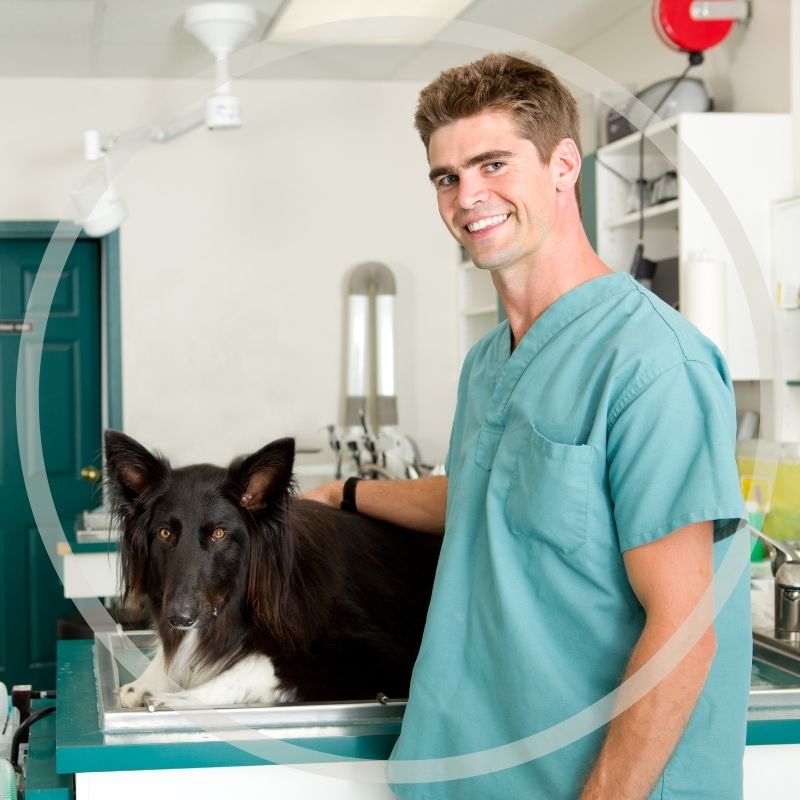
DEA Regulations for Controlled Substances Apply to Veterinary Clinics
Animal clinics need a safe, secure. and environmentally sound method of controlled substance waste disposal which meets Drug Enforcement Administration (DEA) regulatory requirements. Veterinary clinics that maintain controlled substances for dispensing or administering to patients are required to maintain detailed inventory records including receiving records and disposal documentation.
If the controlled substance is included in Schedule II of the Controlled Substance Act, veterinary clinics must use DEA Form 222 for procurement. If the medication is listed on schedules III through V, an invoice should be readily available. An inventory of the drugs that are received and dispensed should include the drug description including the dose and quantity, whether it was administered at the hospital or dispensed to the client and the date that the drug was dispensed.
All purchasing documentation, administration and dispensing records including inventory reports, DEA order forms and disposal records should be kept for at least two years.
Maintaining proper record-keeping for the safe handling of controlled substances can be especially challenging in emergency animal clinics which tend to use a high volume of drugs. A lack of enforcing or practicing proper procedures can lead to drug misuse and diversion, malpractice, fines and even jail.
Storage
All controlled substances should be stored in a secure storage container in a locked cabinet with limited access.
Theft or Loss
If the theft or loss of controlled substances occurs it must be reported immediately with DEA Form 106. If you experience spillage or breakage of controlled substances this does not constitute a “loss”. Any controlled substances that are recoverable must be properly disposed of through an approved process such as the reverse distributor. DEA procedures do not preempt state laws and regulations which must be complied with regarding the disposal of controlled substances including in veterinary clinics.
Veterinary practitioners can learn more about DEA record-keeping requirements from the American Veterinary Medical Association.
Safe and Secure Disposal of Controlled Substances for Animal Clinics
C2R Global Manufacturing helps veterinary and animal care clinics to dispose of all pharmaceutical waste including controlled substances with fast and effective DEA compliant methods. Rx Destroyer™ features a patented* solution which meets DEA’s regulations for chemical digestion to render controlled substances non-retrievable. This is important to prevent drug diversion and environmental contamination of waterways which occurs with improper disposal.
We partner with veterinary clinics to deliver safe and secure controlled substance disposal solutions with a wide range of product sizes and experienced customer service knowledgeable in industry best practices.
C2R Global provides cost-effective, secure and safe solutions for the disposal of obsolete, unused and expired medications including DEA controlled substances. Rx Destroyer™ products never require a contract and there is no need to ever add water or batteries. Contact us to speak with an industry expert for more information on DEA compliant disposal of controlled substances in veterinary clinics.

